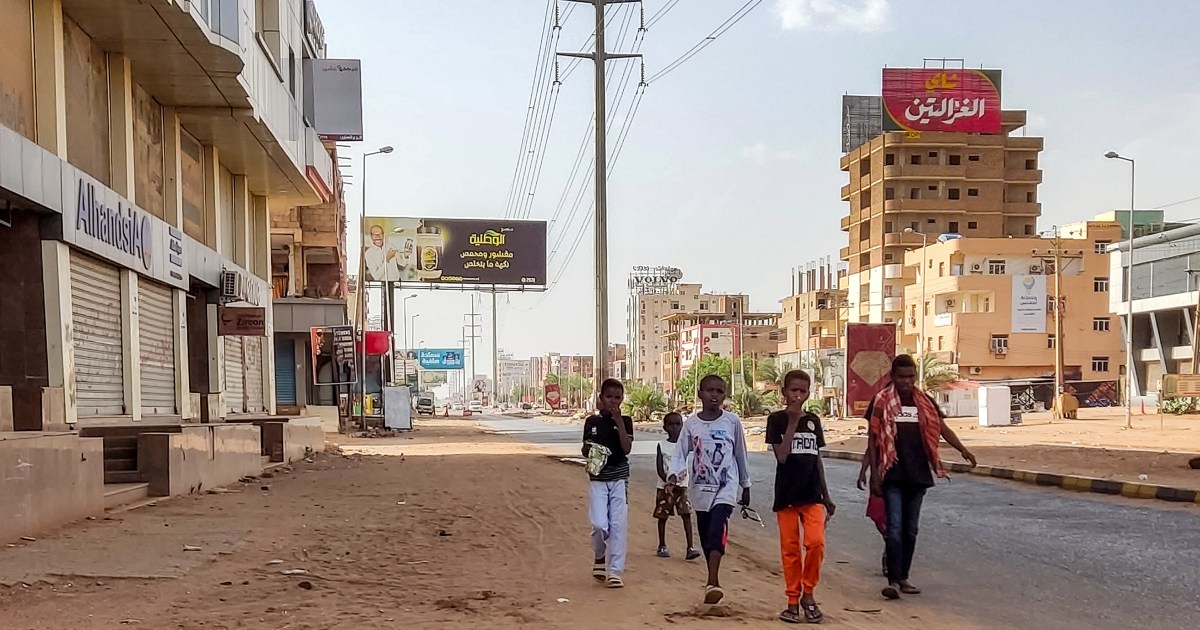As the war continues, the UN agency warns tens of thousands of children will ‘likely die’ without more aid.
At least 700,000 children in Sudan are likely to suffer from the worst form of malnutrition this year, and tens of thousands could die, the United Nations children’s agency has warned.
A 10-month war in Sudan between its armed forces and the paramilitary Rapid Support Forces (RSF) has devastated the country’s infrastructure, prompted warnings of famine and displaced millions of people inside and outside the country.
“The consequences of the past 300 days means that more than 700,000 children are likely to suffer from the deadliest form of malnutrition this year,” James Elder, spokesperson for UNICEF, told a press conference in Geneva on Friday.
“UNICEF won’t be able to treat more than 300,000 of those without improved access and without additional support. In that case, tens of thousands would likely die.”
Elder defined the most dangerous form of malnutrition as severe acute malnutrition, which makes a child more likely to die from diseases such as cholera and malaria. He said 3.5 million children were projected to suffer severe acute malnutrition.
UNICEF provides “ready-to-use therapeutic food”, or RUTF, a life-saving food item that treats severe wasting in children under five years old, to Sudan.
Elder said there had also been a “500 percent increase” in just one year in murders, sexual violence and recruitment of children to fight.
“That equates to terrifying numbers of children killed, raped or recruited. And these numbers are the tip of the iceberg,” he said, reiterating the urgent need for a ceasefire, and for more aid.
‘Lethal combination’
Catherine Russell, the executive director of UNICEF, echoed Elder’s comments.
The “lethal combination of malnutrition, mass displacement, and disease” is quickly growing, she warned in a statement.
“We need safe, sustained, and unimpeded humanitarian access across conflict lines and across borders – and we need international support to help sustain the essential services and systems that children rely on for survival,” she said.
UNICEF is appealing for $840m to help slightly more than 7.5 million children in Sudan this year, but Elder deplored the lack of funds collected in previous appeals.
“Despite the magnitude of needs, last year, the funding UNICEF sought for nearly three-quarters of children in Sudan was not forthcoming,” Elder said.
The UN on Wednesday urged countries not to forget the civilians caught up in the war in Sudan, appealing for $4.1bn to meet their humanitarian needs and support those who have fled to neighbouring countries.
Half of Sudan’s population – approximately 25 million people – need humanitarian assistance and protection, while more than 1.5 million people have fled to the Central African Republic, Chad, Egypt, Ethiopia and South Sudan, according to the UN.
“The world needs to stop turning a blind eye,” he said. “Where is our collective humanity if we allow this situation to continue.”
Check out our Latest News and Follow us at Facebook
Original Source

